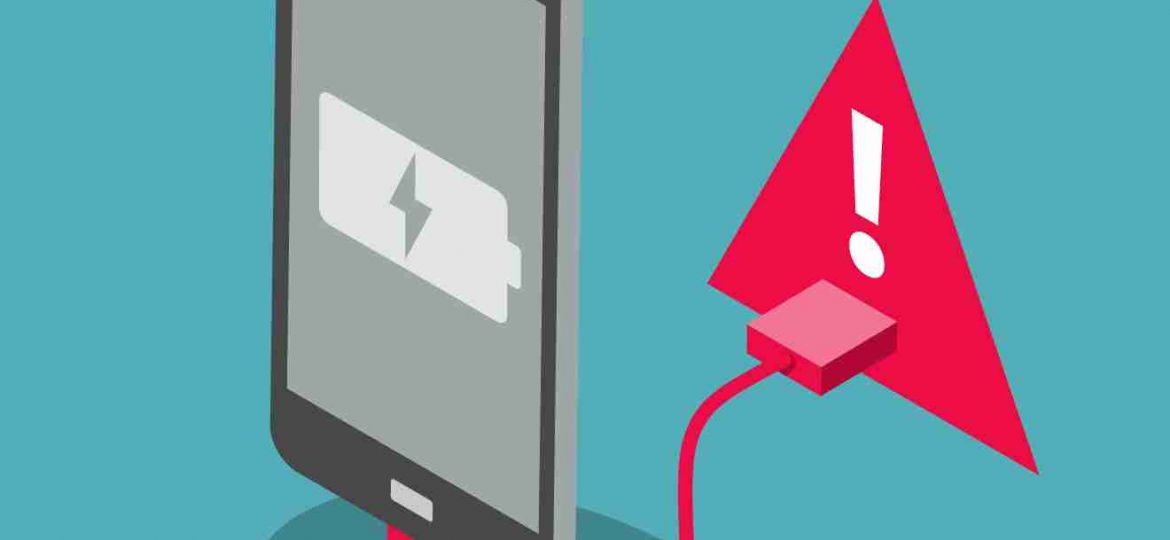
Let’s tell you about a cyber attack that will leave you spellbound when you learn how it happens!
As you take a business trip, you wouldn’t worry about the safety of the data on your device because it is secured with stringent IT controls. However, at some point, you discover that the data on your phone is breached! How did this happen? Despite implementing strict IT controls and following the BYOD best practices?
Well, the data was breached when you decided to charge your device at a public charging station. You connected your device to a public USB port and there! Data was stolen as your device was kept for charging. In cyberspace, this is known as Juice Jacking attack.
What is Juice Jacking?
We know the utility of charging cables. They double up as a charger as well as a device to transfer data. Cybercriminals, however, take advantage of this functionality.
The charging cables available at public charging stations are loaded with malware. As soon as the device is plugged in, the device is infected with malware allowing the cyber attacker to easily access the device and expose vital business information, database, and credentials.
So, what are the ways to prevent Juice Jacking? We have some useful tips listed below.
The best practices to prevent Juice Jacking:
#1 Charge your devices
It is an ideal practice to charge your mobile devices before you leave for work. Charge your devices at home or office where you know there is security and no risk of Juice Jacking. It is advisable to keep your phones topped up or you may have to charge your phones in a location where USBs and charging ports may freely be available but there may be a great security risk.
#2 Adopt BYOC (Bring your own charger) policy
Companies today have embraced the BYOD (Bring your own device) culture. It’s about time they go one step ahead and ask the employees to bring their own chargers along with their devices. Employees who travel frequently and have the habit of charging their phones at public charging stations should be encouraged and reminded of carrying their own charges which they know for sure are secure and free of malware.
#3 Keep your device locked
In the best interest of securing the vital data and information available on the device, it is a good practice to keep your devices locked by patterns, numbers, or biometrics. Say, you don’t have enough charge on your device and have to connect to an unknown charging port, now even if your device is subject to Juice Jacking, the attacker will not be able to possess the information from a locked device. Avoid unlocking or leaving your unlocked phone unattended at the charging station.
#4 Use charge-only cables
Tech-giants have designed USB cables that are meant for charging purposes only. Such chargers do not have additional pins or wires for data transmission. It has only 2 points required to charge up the device. So, it is a good practice to use the charge-only cables. You will be spared of the Juice Jacking attack and its repercussions even if you charge the devices at a public charging station.
#5 Educate your employees
The best practice of all- training and educating the employees about Juice Jacking, how it takes place and encouraging them to follow the practices mentioned above. Today, cyberattacks have become sophisticated and cyberattacks such as Juice Jacking are unheard of. So, it is important to educate the employees to successfully combat the same.
Finally, as we enjoy the benefits of digitalization, we never know when we may subject to a cyberattack like Juice Jacking.
You may not even realize that a common act of charging your phone at the public charging stations may potentially be a major cyber threat.
Be precautious before you plug it in!
